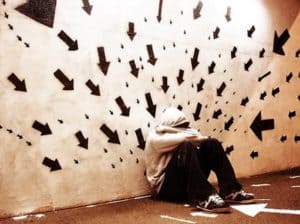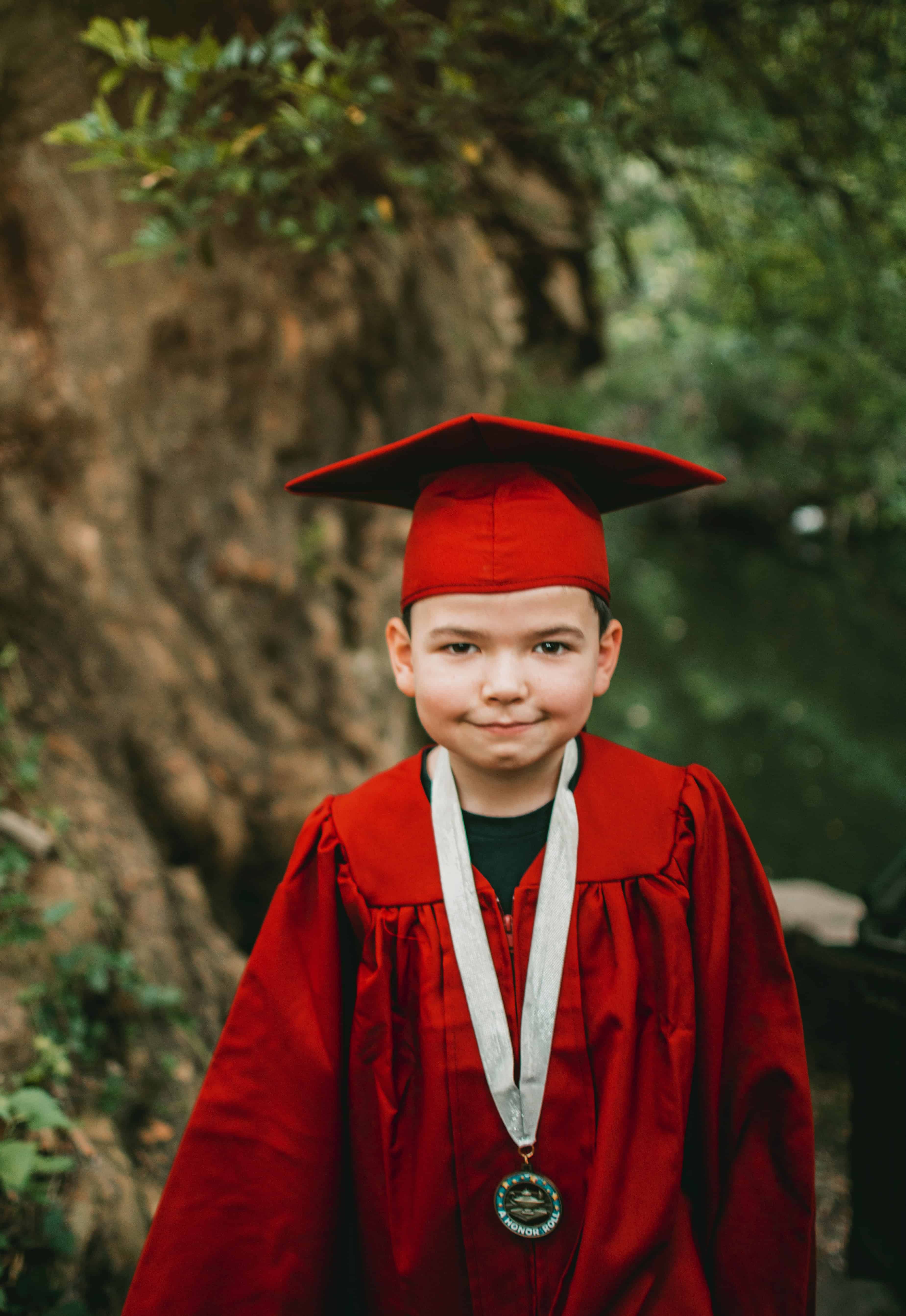Young people and the impact of online school and lockdowns
 In case you’ve been living under a rock… why is it hard for young people right now?
In case you’ve been living under a rock… why is it hard for young people right now?
Young people now are faced with a barrage of new pressures due to lockdowns and the Covid-19 pandemic such as:
- Learning over a screen for hours a day
- Ever changing and challenging topics and studies
- Social media pressures pinging and popping for their attention
- Social isolation and anxiety about their future education
- Worrying about friends and family
What do we know about the impact of the Covid-19 pandemic on our young people?
Many parents feel they’re now out of date with the latest apps, privacy controls and awareness of the way our young people are now being cultivated to live their physical and virtual lives. As a result, young people are more isolated, and due to lockdowns and other factors mentioned above, are experiencing high fatigue, loneliness, mental health issues such as anxiety and depression and the potential worsening of pre existing mental health related risk factors*.
Recently, some early reports suggest that:
Young people may be around 4 times more likely to be demonstrating symptoms of PTSD such as damaging self talk, reoccurring negative thoughts and anxious feelings based on studies conducted on children and young people in India and China (*Saurabh K, Ranjan S. Compliance and Psychological Impact of Quarantine in Children and Adolescents due to Covid-19 Pandemic. Indian J Pediatr. 2020;87(July):532–6 and Xie X, Xue Q, Zhou Y, Zhu K, Liu Q, Zhang J, et al. Mental health status among children in home confinement during the Coronavirus disease 2019 outbreak in Hubei province, China. JAMA Pediatr. 2020; Published).
Before the pandemic, problems with school mainly arose from social anxiety and panic attacks, which were on the rise (see my article from just before the pandemic on the state of children’s services here) but now however, we are seeing a very different picture. Anxiety has become more covert, turning into loneliness and self consciousness, as friendships are virtual and peers are not spotting and gently challenging the signs in each other as easily. As young people and teenagers are largely coping with these changes behind a closed door, it opens up the question, ‘how do we support them best right now?’
A brilliant solution as a parent, is to check in with them and be relaxed – expect them automatically to be under pressure from everyone and everything else. They are the only generation to EVER have been asked to channel all their energy into sitting on a screen for hours learning. We know as adults how exhaustive this can be, boring, frustrating and tiring.
Young people are charged up naturally to be physically out and exploring, interacting with peers and learning about life and the intricacies of healthy (and often unhealthy) relationships. It’s hard to do all of this over text. In fact, it’s damn near impossible.
A friend of mine told me recently how her daughter had a difficult chat with her friend, and her friend turned her back to the camera to show her anger. This is all new territory and confusing territory at that. Young people are adaptable of course, but how do we expect them to adapt to this? It sucks for them on all counts.
Talking Therapies as a new normal
Talking therapies can work very well for young people right now; They can involve:
- Talking and sharing some ideas and insights into how they’re feeling and what they’re currently dealing with (a bit like the supervision we’d have at work to keep us on track)
- Some that involve techniques and processes designed to challenge problematic thinking and boost confidence and comfort quickly
- Hypnotherapy can offer a wide range of benefits such as the above, as a young person can remain passive or active in positive changework.
- Schools and special educational needs departments (SEND) are also discovering the benefits of private hypnotherapy in pupils through parent testimonies of those with children who have been experiencing anxiety and stress and have accessed some hypnotherapy sessions.
Why you should consider Hypnotherapy in Sheffield for young people
I am currently working with several young people around anxiety and panic attacks, isolation, coping strategies and adapting to studying better.
I became a specialist in this area because as a young person, I experienced acute anxiety myself between 11-14yrs and this fuelled low self esteem and insecurity. Later in life, I found a fiery passion for finding solutions that really do work for young people and I applied this learning to really help young people get results that work!
I won’t bore you with the details; there’s more about my journey and why I get the results I do here, if however you are interested in how hypnotherapy may really help a young person in your life, drop me a message and get in touch.
Quick things to help you help your young person:
- Remind them to have time off
- Encourage getting out for walks (grab some fresh air with you perhaps)
- Ask for their help on household creative tasks such as helping you in the garden / kitchen chopping / Supermarket.
- Anything that breaks up the monotony
- Remind them how amazing they are doing (they and their friends are writing history!)
- Tell them how proud you are of how they are adapting in a crazy time.
I hope this article helps you let an amazing young person you know that you’re proud of them!
 In case you’ve been living under a rock… why is it hard for young people right now?
In case you’ve been living under a rock… why is it hard for young people right now?
